Key Theological Developments in Christian History: Shaping Our Faith and Understanding
Throughout my own journey of faith, I’ve been struck by how deeply Christian theology has evolved over the centuries. This evolution is not only a fascinating intellectual pursuit but has also become a personal source of inspiration and guidance, especially in my own struggles with doubt, spiritual growth, and finding alignment between my faith and daily life. Understanding the key theological developments of Christianity not only provides a richer, more nuanced appreciation of the faith but also offers us discernment in applying these revelations to our modern spiritual practice.
In this article, we’ll explore the pivotal moments in Christian theological development—moments that shaped the beliefs we hold today—and consider how they can inform contemporary Christian worship and discipleship.
The Early Church: Defining Orthodoxy
The first major developments in Christian theology occurred in the early Church, particularly in the centuries following Christ’s resurrection. The early followers of Christ were faced with questions that required greater clarity in doctrinal belief. This period was marked by debates over who Christ truly was—his divinity, humanity, and role in God’s plan for salvation.
One of the most significant milestones of this era was the Council of Nicaea (AD 325), which sought to address the theological controversy of Arianism. Arius, a Christian presbyter, argued that Jesus was created by the Father and thus not co-eternal with Him. The Council famously rejected Arianism and declared that Christ was of the same substance (homoousios) as God the Father, affirming His full divinity. This doctrine became the bedrock of Christian belief as articulated in the Nicene Creed, one of the most recited creeds in Christian liturgy today.
It was a critical time in Christian history, where battles over heresies like Arianism shaped not just theological discourse but also the very unity of the Church itself. As I reflect on periods of theological conflict, it rings true to my own experiences navigating doubt and discovering the truth. Just as the early Church sought to define its beliefs amidst controversy, we are often called to clarify and refine our faith in life’s testing moments.
<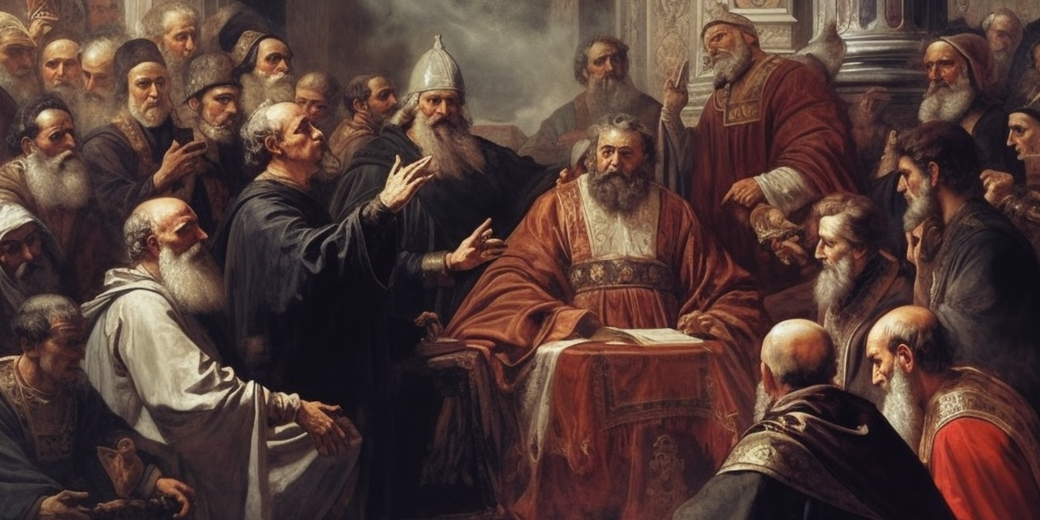 >
>
Augustine and the Doctrine of Original Sin
No discussion of key theological developments is complete without addressing the influence of St. Augustine of Hippo (354–430 AD). One of the most significant theological contributions made by Augustine is his development of the doctrine of original sin. Rooted in the letters of Paul, especially in Romans, Augustine expanded upon the idea that sin had entered the world through Adam and had corrupted the entire human race, necessitating God’s grace for salvation.
Augustine’s treatise Confessions is a cornerstone of Christian literature, and his understanding of human nature continues to resonate deeply within Christian theology today. His works offered a profound reflection on the nature of sin and the boundlessness of God’s grace, which I often find parallels in my own reflections on fallibility and forgiveness. Coming to grips with my own shortcomings often links me back to Augustine’s insight into the human condition.
“For you have made us for yourself, O Lord, and our hearts are restless until they rest in you.” — St. Augustine, Confessions
The Reformation: Rediscovering Scripture
The Protestant Reformation in the 16th century dramatically shifted the theological landscape. At its heart was the belief that Scripture should be the supreme authority in matters of faith and practice, a principle known as sola scriptura. Spearheaded by Martin Luther and later John Calvin, the Reformation called for a return to biblical doctrine and the rejection of certain corrupt practices within the Roman Catholic Church, such as indulgences.
<
>
In Luther’s infamous Ninety-Five Theses nailed to the church door in Wittenberg in 1517, a theological invitation was issued—he underscored the idea that salvation is by grace alone through faith, not by works. This teaching, while in some ways a revival of early Christian teachings by figures like Paul, created waves that permanently changed the trajectory of the Christian church. Shortly after, the rise of Reformed Theology brought additional focus to God’s sovereignty, predestination, and covenant theology as articulated by John Calvin.
Interestingly, this call to return to the purity of the Gospel mirrors my own spiritual ebbs and flows. In my professional and personal life, especially when doubt and struggles have crept in, I’ve needed to strip away unnecessary distractions and reconnect with the core of my faith: the teaching of Christ in Scripture, the transformative power of grace, and the need for personal renewal.
<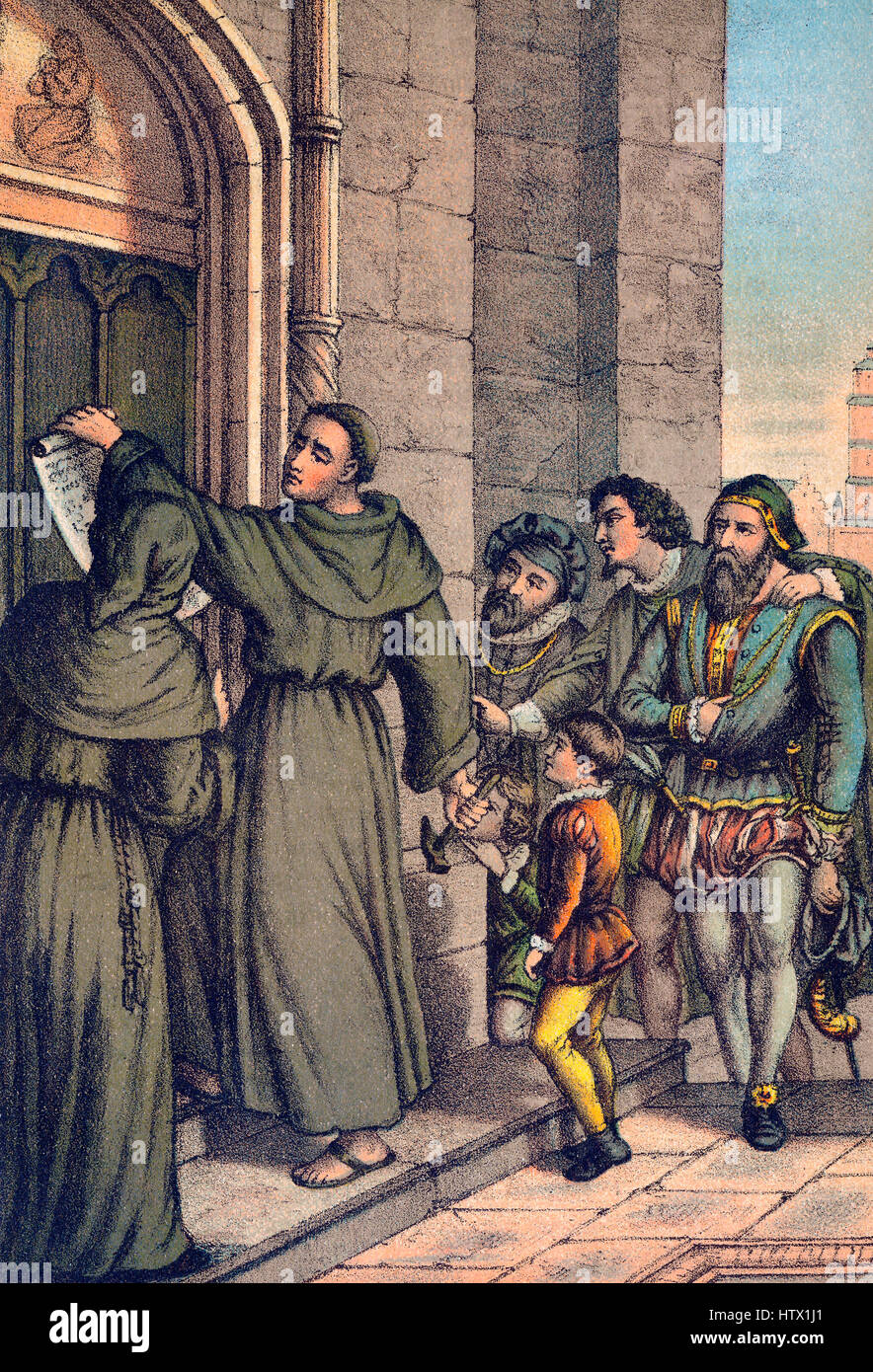 >
>
The Second Vatican Council: Modernizing with Tradition
In the 20th century, the Catholic Church experienced its own significant development during the Second Vatican Council (1962-1965). This ecumenical council was convened by Pope John XXIII with the goal of addressing the role of the Church in the modern world. Notably, the council emphasized updated approaches to liturgy, lay participation, and ecumenism, all while reaffirming long-held doctrines of Christ and the Church.
One of the outcomes of the Council was a renewed commitment to reading the Bible and participating fully in the liturgy. Vatican II encouraged Christians to engage more deeply with Scripture, mirroring the Protestant emphasis on personal reading and interpretation of the Bible. Listening to and reflecting on these changes brings to mind the diverse approaches to Scripture that I’ve witnessed throughout the many places I’ve traveled and the communities I’ve connected with. It reminds us that engagement with the Word is vital to growth and understanding in our faith walks, no matter the tradition.
Theological Diversity and Its Importance Today
Christian theology throughout history has been marked by diversity, disagreement, and eventually, resolution. This rich tapestry of thought only serves to deepen our own understanding today. By considering different perspectives—whether it’s Augustine’s meditations on human sin, Luther’s call to gospel purity, or Vatican II’s reminder of human connection with tradition and modernity—we find a wellspring of insight to guide us in an ever-changing world.
What I find personally compelling is how theological developments, much like our personal spiritual journeys, are not linear. They are marked by moments of struggle, enlightenment, and growth. Each new age of theological evolution reveals more of God’s nature and His plan for us. In reflecting on these developments, especially within the context of our modern challenges, we can draw encouragement in the continuous process of rediscovering Christ and His call on our lives.
Conclusion: Embracing Our Theological Heritage
The historical development of Christian theology is not just an academic endeavor. It helps us understand where our beliefs come from, why we hold certain truths as sacred, and how to apply them in our lives today. This rich theological heritage serves as a map—guiding us through doubt, illuminating the path of faith, and forming the foundation for how we live as Christians in the 21st century.
If you’re interested in exploring these topics further, some excellent resources include:
- The Evolution of Christian Theology: Key Theological Developments Through the Ages
- The Book of Psalms: Exploring Faith and Emotion Through Sacred Scripture
- Christian Ethics in Modern Society: Navigating Complexities with Faith
As Paul writes in Romans 12:2, “Do not conform to the pattern of this world, but be transformed by the renewing of your mind.” Let’s continually seek to renew not just our minds but also our understanding of the profound theological narratives that shape our faith.
<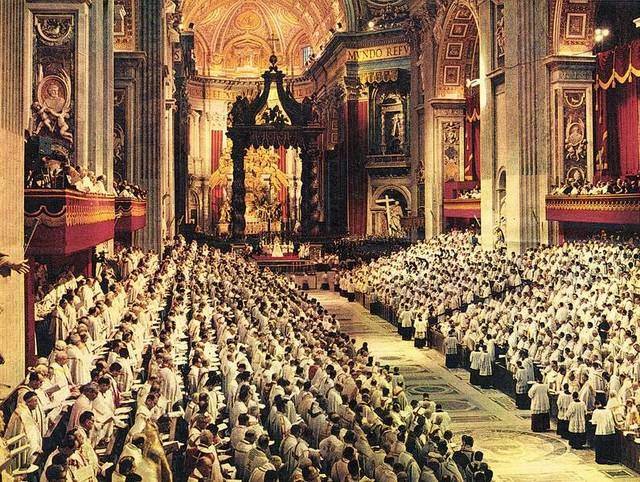 >
>
Focus Keyphrase: Key Theological Developments
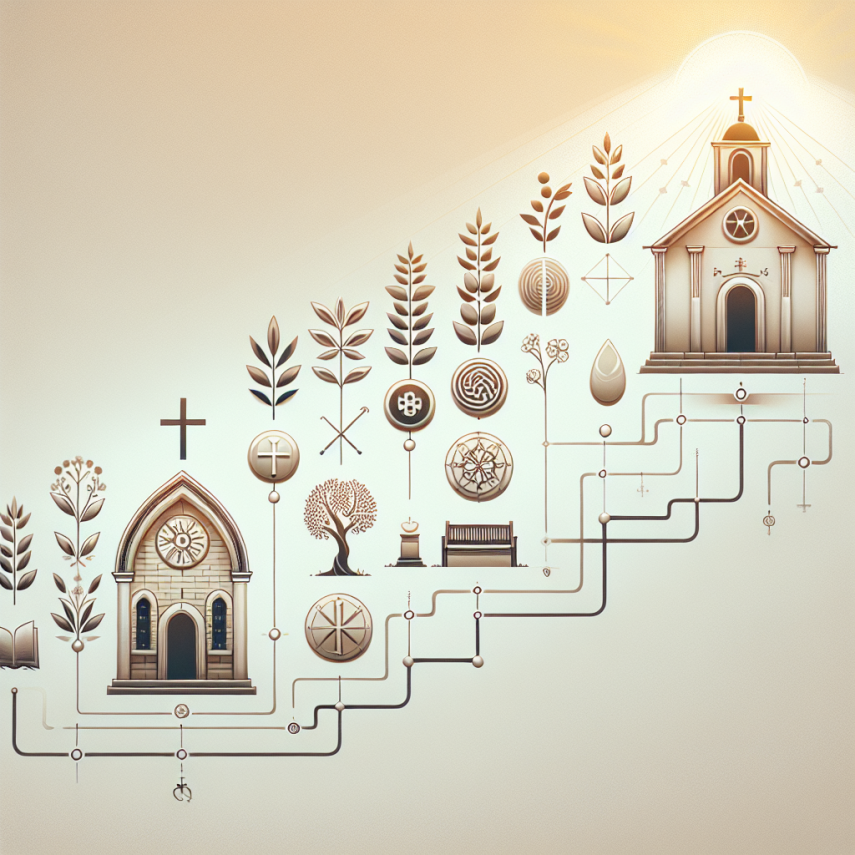


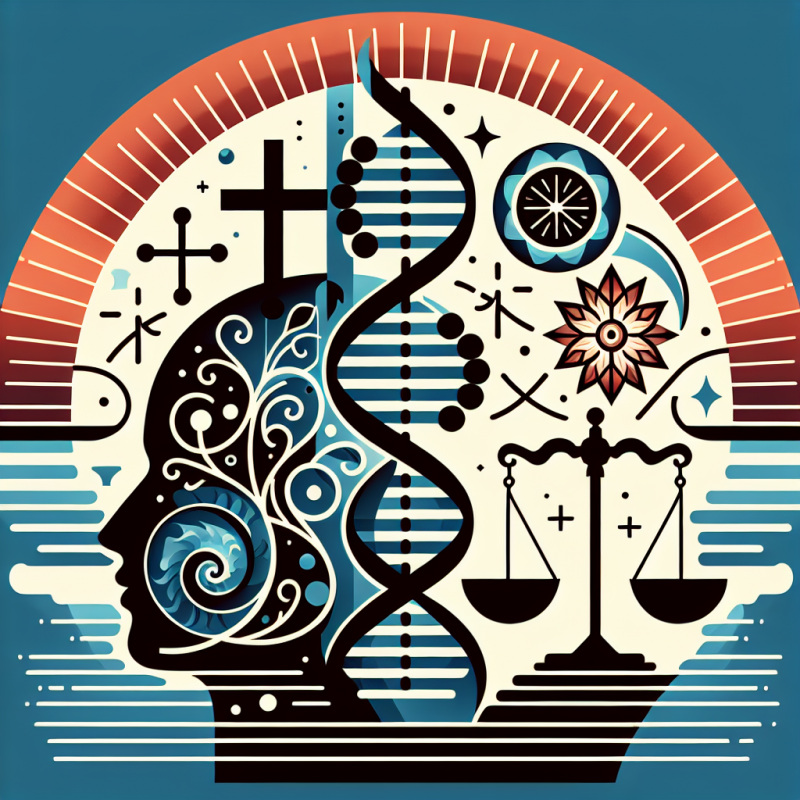
I wrote this article out of a desire to explore how theological thinking has evolved over the centuries. Through examining these pivotal moments, I hope to provide a better understanding of how theology continues to shape our faith and daily life. Reflecting on historical developments such as the Nicene Creed or the Reformation helps us connect with the past while navigating our own spiritual journeys.
This was a thought-provoking read. As someone coming from a more scientific mindset, I find it fascinating how beliefs have developed over time through both conflict and growth. Although blind faith isn’t for me, this article makes me think differently about the processes involved in clarifying one’s beliefs.